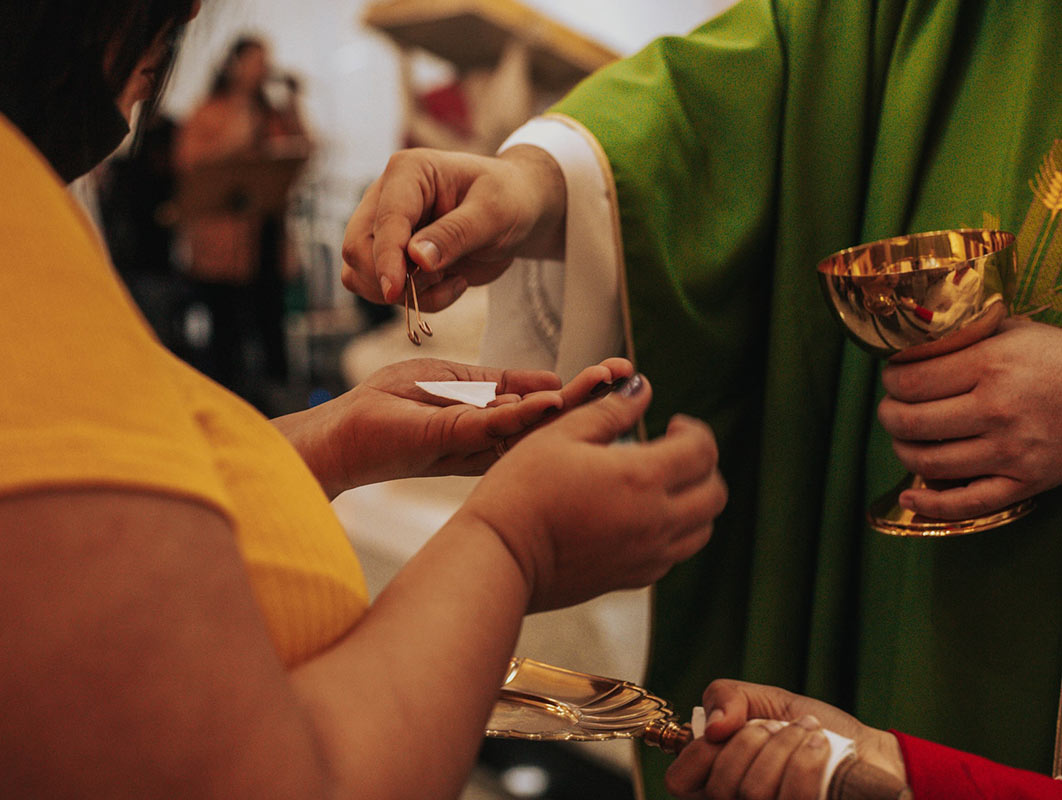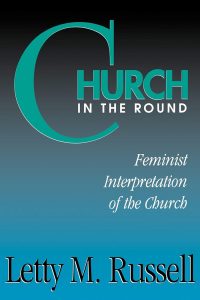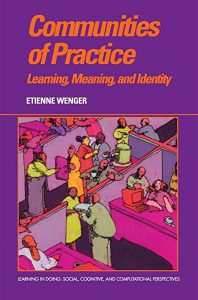The community of Jesus
Christians look to Jesus as an example of leadership, and the Bible provides models for life-giving governance. Jesus constituted his community around power turned upside down. What message does Jesus' style of egalitarian discipleship suggest about models for leadership?
Both Jesus and the first Christians embraced Judaism's sense of a covenant relationship with the one God. What covenantal understandings were present in the early church? What Jewish practices did the early church eventually decide to give up? What tensions attended the faith community as it made its decisions?
How did the "new world order" of the early church change when Christianity gained status as the universal imperial faith? At what point in a community's development does stability win out over flexibility?
The church as alternative community
In what ways does your faith community reflect the alternative community of the early church? In whose hands does effective power reside? What kind is it? How is it used, and to what ends? Who benefits and who pays? Who frames the issues and directs the kind of attention they get? How does information flow?
At best, leaders are choreographers to help people identify the challenges they face and untangle the issues. What leaders do you know who are able to clarify the purpose, values, and goals of a group?
Setting the table of community
The perennial Christian strategy is to gather folks, break bread, and tell stories. We can adapt and create governance and leadership practices, then, by answering basic questions: What shape will the gathering take? Who breaks the bread — all or some? Who tells the stories? Whom do our practices welcome to the table? How do we show in our life together that social distinctions based on race, class, and gender don't count here?
Are guests sometimes called to be hosts? Do we encourage each participant to find gifts for meeting the hungers of the world? Does the organization of general community life encourage leadership to emerge from the foot of the table?










